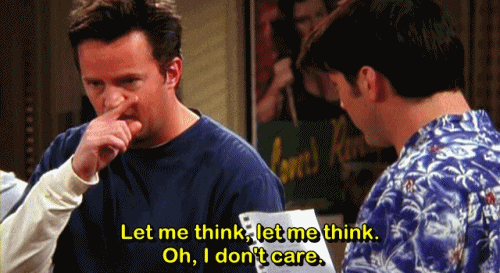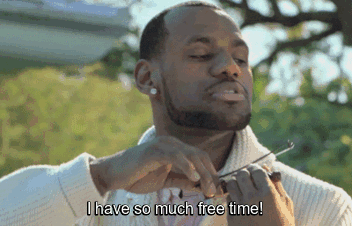I used to be like every other Gen Y person, living life through social media. Every day, I would scroll endlessly through my news feed, whether I was at home or out and about. For about 6.5 years, I was an active Facebook user until I made the decision to quit completely. Why? Because I realized it was taking over my life. I started noticing how much I used Facebook to shape my daily experiences.
Having Facebook—or any social media, really—made me feel anxious, depressed, and, at times, like a failure. Every time I went online, it felt like everyone else was living the dream. If they weren’t travelling, they were getting engaged, married, or landing incredible jobs while I wasn’t. I found myself constantly comparing my life to theirs, feeling insecure because of the “noise” social media added—a never-ending stream of opinions, thoughts, and photos of other people.
It wasn’t just the comparisons. People’s posts sometimes triggered negative emotions, even if I barely knew them. For instance, on Facebook, we can write anything we want. But what bothered me the most was when someone aired their grievances—be it about their partner, family, friends, or coworkers—so the whole world could see. People who didn’t even know the full story would chime in, and before long, it turned into a collective venting session. And don’t get me started on the constant complaints about how tough life is.
Let me clarify: I’m not claiming to be perfect or immune to these habits. I’ve made my fair share of mistakes on social media too. But as I grew older, I realized that spreading hatred and negativity online wasn’t wise. It reflected poorly on me as a person. Gradually, I began spending less and less time on Facebook. Over time, I understood that I didn’t need to know what everyone else was up to—or share every detail about my own life. It was entirely possible to live without knowing where others were, what they were doing, or what they thought about my latest meal, outfit, or activity.

Learning to Let Go
I started reducing my Facebook usage at the beginning of 2016. At first, it was challenging to break the habit. But eventually, I got used to living without it. Before quitting completely, I rarely posted status updates or commented on others’ posts because I realized I didn’t need to share my thoughts with everyone. Sometimes, it’s okay to let thoughts remain just that—thoughts.
So, how’s my life now without Facebook? Honestly, it’s been great. I often go through dramatic purges in my life, and Facebook just happened to be one of those things I let go of. Without it, I feel more centered, grateful, and less exposed. I’ve also found time to focus on things that matter more—like learning Spanish. ¡Hola! ¿Cómo estás?

It’s been about a year since I left Facebook. While that might not seem like a long time, it feels significant now that I’m no longer glued to the app. I feel like my own person again. I’m more productive and less concerned about others’ opinions, and I compare myself only to the person I was yesterday. Without Facebook, I’m free to live my life without shaping it to look good online.
It’s Not About Facebook, It’s About Me
Don’t get me wrong—I don’t think Facebook is “evil” or ruining the world. In fact, it can be an incredible tool and used in beautiful ways. But for me, it became a tempting distraction that clogged up my brain. At the end of my life, I know I won’t look back proudly on the hours spent curating posts and chasing likes, shares, and hearts. Instead, I might regret wasting so much time on something so fleeting.
Yes, I may not be as close to certain Facebook friends anymore. But I’ve gained something much more valuable—a happier, more peaceful life.

Thinking of quitting?
For anyone considering deactivating Facebook, here’s my advice: just do it! At first, you might feel lost when you open your browser and don’t know where to go. But don’t worry—it won’t last long. Soon, you’ll discover new ways to spend your time and maybe even pick up a new hobby.
Final Thoughts
What I’ve shared here is my personal experience. Others might feel differently, and that’s okay. This is my life, and you have yours. Let’s be real—Facebook doesn’t force anyone to overshare. Social media doesn’t overshare; people do. Oversharing isn’t a social media problem—it’s a character flaw.
X, Hani.
Discover more from Wanderhoney.com
Subscribe to get the latest posts sent to your email.












 Views Today : 220
Views Today : 220 Views Last 30 days : 5959
Views Last 30 days : 5959 Views This Year : 25758
Views This Year : 25758 Who's Online : 0
Who's Online : 0 Your IP Address : 216.73.216.131
Your IP Address : 216.73.216.131